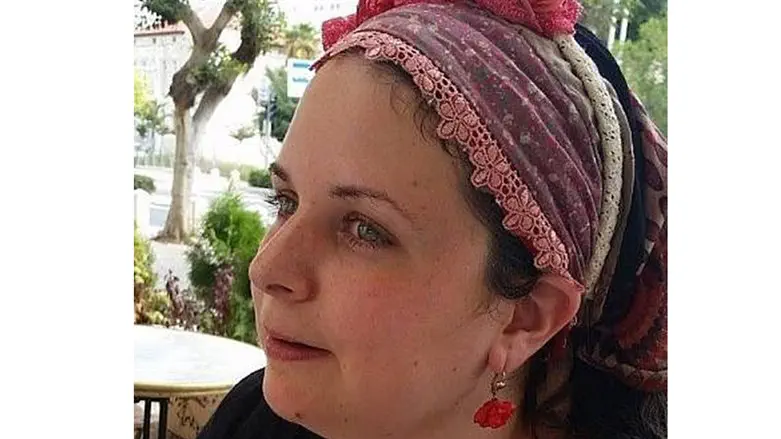
It has been disclosed that Reza Pahlavi, the exiled Crown Prince of Iran, will visit the State of Israel in honor of Holocaust Memorial Day, where he is a guest of honor this year at the official state Yad Vashem Memorial event. In a recent twitter post, he stated: “The Iranian and Jewish people have ancient bonds dating back to Cyrus the Great and Queen Esther. As the children of Cyrus, the Iranian people aspire to have a government that will honor his legacy, upholding human rights and respecting cultural and religious diversity including through the peaceful restoration of friendly relations with Israel and other neighbors in the region.”
He continued: “Millions of my compatriots still recall living alongside their Jewish Iranian friends and neighbors before the Islamic Republic tore apart the fabric of our society. They reject the regime’s genocidal anti-Israel anti-Semitic policies and yearn for cultural, scientific, and economic exchanges with Israel. A democratic Iran will seek to re-establish ties with Israel and its Arab neighbors, as perhaps part of a future Cyrus Accords. In my opinion, that day is closer than ever.”
The significance of Reza Pahlavi’s visit to the State of Israel at this time is great. The announcement that the son of the Shah of Iran will be in Israel for Holocaust Memorial Day came after Iran’s President Ebrahim Raisi addressed an Al Quds Day Rally in the Gaza Strip. It also comes after it was recently found that Iran stood behind the barrage of 34 rockets that were fired at the Jewish state not too long ago, which injured 3 and damaged some buildings.
His visit sends a message that there is a viable alternative to the rule of the ayatollahs in Tehran, who routinely chant “death to Israel” and “death to America.” There is a viable alternative to a regime, which threatens Azerbaijan and other countries in the region non-stop.
As the Crown Prince said himself on Twitter, “I want the people of Israel to know that the Islamic Republic does not represent the Iranian people. The ancient bond between our people can be rekindled for the benefit of both nations. I’m going to Israel to play my role in building toward that brighter future.”
The Shah’s son’s message declaring that he wants “friendly relations with other countries in the region” also resonates. This visit comes at a time when there is an increased likelihood for war between Azerbaijan and Iran, after relations between Armenia and Azerbaijan completely broke down, when the Azerbaijani flag was burned at the European Weightlifting Competition in Armenia, forcing Azerbaijan to withdraw from the European Weightlifting Competition. Since Tehran is angry at Baku for opening up an embassy in Tel Aviv, there are analysts who claim that the ayatollahs seek to play on the increased tensions between Azerbaijan and Armenia in recent days to wage further aggression against Azerbaijan.
While tensions between Baku and Tehran are at an all-time high after the Iranians killed a security guard at the Azerbaijani Embassy in Tehran and attempted to assassinate an Azerbaijani MP, the Iranian nuclear program is dangerously expanding to the point where Israel may be forced to strike the country’s nuclear facilities. And it is exactly at this time that the son of the Shah of Iran is coming to Israel, seeking to build bonds between peoples.
It is true that not everyone in the Iranian opposition supports the restoration of the Pahlavi Dynasty. Many Iranian ethnic minorities such as Baloch, Kurds, South Azerbaijanis, and Ahwaz point out that the Pahlavi Dynasty did not behave much better towards them than the ayatollahs, so they are skeptical about supporting the son of the Shah, even though he claims to be a democrat. These ethnic groups would prefer it if Iran broke up into a variety of different countries rather than see the Shah's son gain power.
Then, of course, there are leftist Iranians, like the Tudeh Party and the People’s Mujahideen of Iran (MEK), who have a very different vision from the son of Shah for what a future Iran after the fall of the ayatollahs should look like. That is not necessarily good for Israel Nevertheless, it appears that the Jewish state has related to the Crown Prince as the leader of the Iranian opposition regardless, as Israel had excellent relations with the Shah, and the Jewish state believes those positive ties can be rebuilt if the son of the Shah is propped up to topple the ayatollahs once and for all. And ridding Iran of the ayatollah regime is a top priority for Israel, but also for the Western world.
Rachel Avraham is the CEO of the Dona Gracia Center for Diplomacy and an Israel-based journalist. She is the author of “Women and Jihad: Debating Palestinian Female Suicide Bombings in the American, Israeli and Arab Media.”